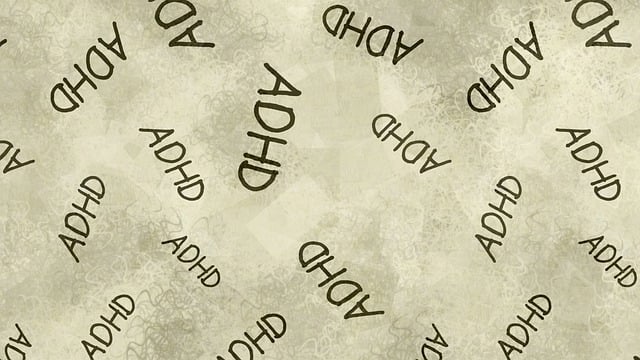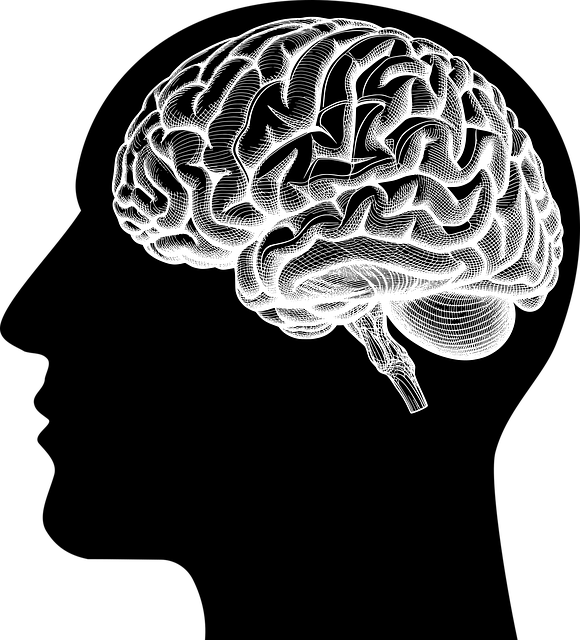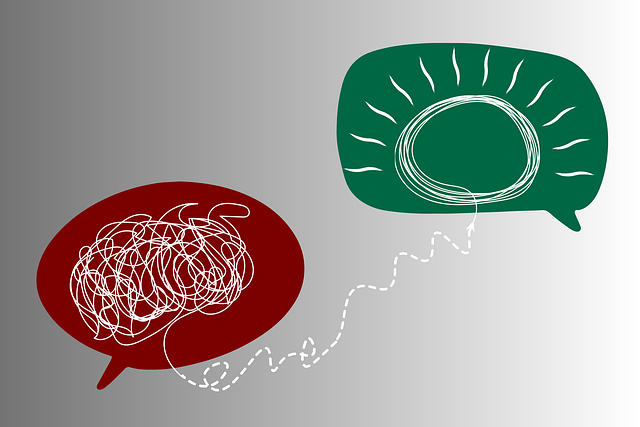Therapy for Adolescent Teens Sexual Addiction requires a specialized, holistic approach addressing psychological roots like trauma and poor coping skills. Coaching programs empower teens with positive thinking, open communication, and healthy thought patterns, fostering resilience and better decision-making. Integrating CBT, mindfulness, age-appropriate activities, stress reduction, and peer support, these programs enhance mental wellness and prevent reoccurrence.
Mental wellness coaching programs are gaining prominence as innovative approaches to support adolescent teens struggling with sexual addiction. This article delves into two critical aspects: understanding the complexities of adolescent teen sexual addiction and exploring the transformative power of mental wellness coaching in treatment and support. Additionally, it offers practical strategies for developing effective coaching programs tailored to this unique population, providing hope and healing through tailored interventions. Discover how these programs are revolutionizing therapy for adolescent teens sexual addiction.
- Understanding Adolescent Teen Sexual Addiction: A Complex Issue
- The Role of Mental Wellness Coaching in Treatment and Support
- Developing Effective Coaching Programs: Strategies for Success
Understanding Adolescent Teen Sexual Addiction: A Complex Issue

Adolescent teen sexual addiction is a complex issue that requires nuanced understanding and specialized treatment. It’s important to note that this behavior often stems from underlying psychological factors, including trauma, poor coping skills development, and mental wellness challenges. As such, therapy for adolescent teens sexual addiction should focus on addressing these root causes rather than just treating the symptoms.
In addressing this issue, promoting positive thinking becomes a critical component of recovery. By fostering healthy thought patterns and encouraging open communication, coaching programs can help teens develop effective coping skills to navigate their emotions and behaviors. This holistic approach aims to empower adolescents to make better choices while cultivating a sense of mental wellness and overall well-being.
The Role of Mental Wellness Coaching in Treatment and Support

Mental wellness coaching programs play a pivotal role in complementing traditional therapy and support systems for issues such as sexual addiction among adolescent teens. These coaches provide a unique approach to treatment by focusing on empowerment, self-discovery, and building resilience. Through one-on-one sessions or group settings, coaches guide young individuals in navigating their mental health challenges while fostering personal growth. By integrating evidence-based techniques and tailored strategies, coaching helps adolescents develop coping mechanisms, enhance self-esteem, and improve overall well-being.
In the context of sexual addiction, coaching can address underlying issues, break down stigma associated with mental illness, and offer a safe space for teens to explore their thoughts and behaviors. Mental health education programs designed within these coaching frameworks equip individuals with knowledge about consent, healthy relationships, and emotional regulation—all crucial aspects in preventing and managing sexual addiction. Moreover, coaches support clients in taking proactive steps towards recovery, encouraging them to embrace mental wellness as an ongoing journey of self-improvement and healing.
Developing Effective Coaching Programs: Strategies for Success

Developing effective coaching programs requires a strategic approach that caters to the unique needs of the target demographic, especially when addressing sensitive issues like sexual addiction in adolescent teens. Incorporating evidence-based practices and tailored interventions is paramount for success. Coaches should integrate techniques from cognitive-behavioral therapy (CBT) and mindfulness training to equip individuals with healthy coping mechanisms and resilience against such addictions. Customized coaching programs that consider age-appropriate activities and peer support can significantly enhance engagement and outcomes.
Moreover, incorporating Stress Reduction Methods and organizing interactive Stress Management Workshops within these programs has proven beneficial. Additionally, leveraging Mental Wellness Podcast Series Production as a supplementary tool allows for continuous education and inspiration, fostering a supportive community around mental wellness. These integrated strategies collectively contribute to the overall success of coaching programs, ensuring participants receive comprehensive support tailored to their journeys towards recovery.
Mental wellness coaching programs play a pivotal role in addressing complex issues like adolescent teen sexual addiction. By integrating strategies from Developing Effective Coaching Programs, therapists can offer tailored support through The Role of Mental Wellness Coaching in Treatment and Support. When focused on Therapy for Adolescent Teens Sexual Addiction, these programs empower teens to navigate their challenges, fostering healthier development and improved mental wellness.














